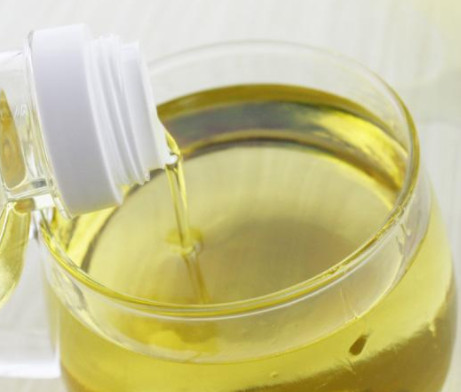Study on Preparation of biodiesel from camellia seed oil
Tea seed oil, also known as tea oil, is a kind of edible vegetable oil extracted from the seeds of Camellia oleifera. It is one of the traditional edible vegetable oils in China. Tea oil usually contains more than 85% unsaturated fatty acids, such as oleic acid, linoleic acid and linolenic acid, of which the oleic acid mass fraction as high as 75% - 80%, similar to olive oil.

The biggest characteristic of camellia oil is monounsaturated fatty acid - the highest content of oleic acid in all vegetable oils. High oleic oils and fats are good for human health and help reduce blood cholesterol and triglycerides. In recent years, tea seed oil has become the focus of attention because it is a kind of healthy nutritional oil which can be comparable to olive oil and is beneficial to cardiovascular health. In addition, tea seed oil has a wider application prospect in daily chemical and pharmaceutical fields because of its good antioxidant stability.
There are two traditional methods for extracting tea seed oil. One is small-scale workshop processing. Microwave drying machine is used to extract tea seed oil. The residual oil of cake is high, which is mostly used as fertilizer and wastes resources.
Main structure of tea seed oil press
The combined oil press consists of four parts: a feeder, a pressure chamber, and an electronic control board vacuum filter cartridge. The heating system is located in the cage of the press. The filter drum is vacuum, with an observation lens.
The other is large and medium-sized enterprise production, using conventional pre-press leaching process, hot pressing, but higher refining costs. The existing processing methods, because the raw materials have not been shelled, lead to more impurities in the oil, such as tea seed crumbs, phospholipids, free fatty acids, not only affect the appearance of oil color, but also affect the inherent quality of oil. More importantly, the high temperature treatment in the steaming and frying process before pressing and the refining process can easily cause the loss of nutritional components, active substances and inherent aroma of tea oil.